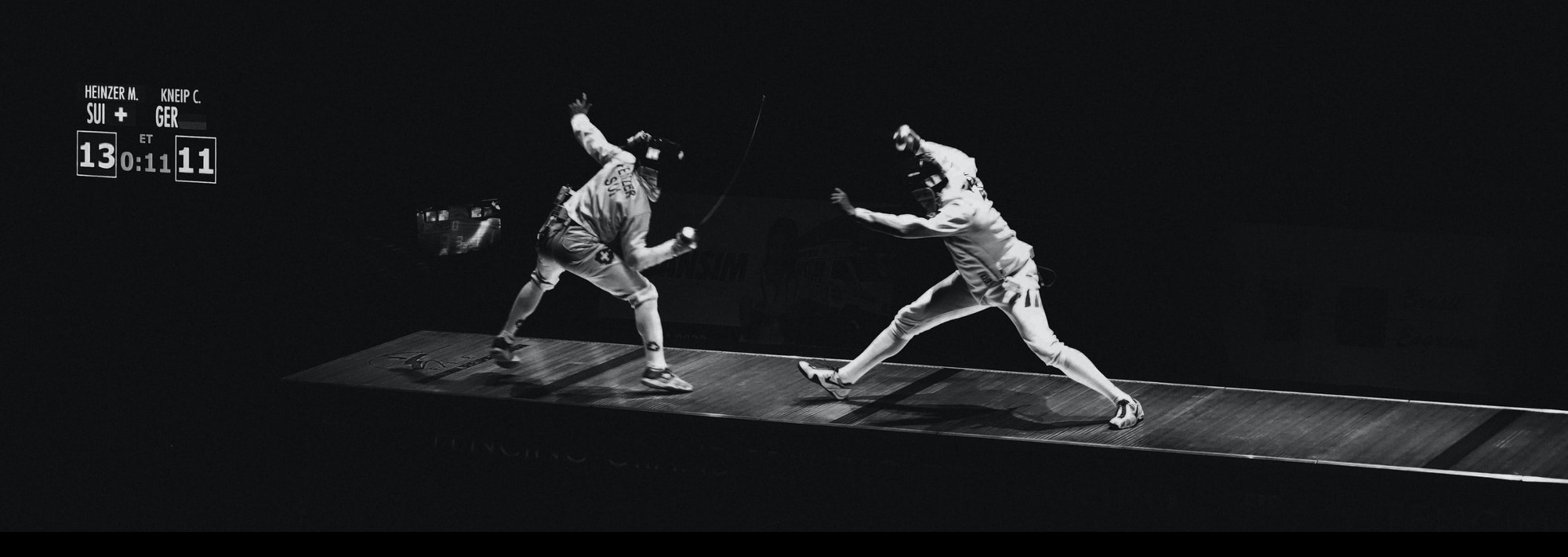
An adversarial competition is fun in sports, but not in an interview. Photo by Micaela Parente on Unsplash
One of the themes of my writing is equitable hiring, and I’ve talked specifically about race and gender as two areas where we need to improve our hiring processes. One area that gets less attention is disabilities. Even visible disabilities are not always accommodated, but hiring practices in tech rarely even attempt to account for hidden disabilities.
In his article Autism Awareness Day: How to Improve the Software Engineering Interview, Michael Kureth details how standard interview practices fail those with hidden disabilities:
For a candidate with Autism, Anxiety, Asperger’s Syndrome, Attention Deficit Hyperactivity Disorder, Dyslexia, or Post-Traumatic Stress Disorder (i.e. disabilities protected by federal law), certain interview practices cause the engineer to be unable to think clearly.
Regardless of federal law, most tech companies do not offer accommodations for candidates with hidden disabilities during the interview or once hired. When two candidates are similarly qualified, it is very easy for a company to dismiss the one with a disability.
Adversarial hiring
You should read Michael’s article for the details, but some of the points resonated with me:
-
Whiteboard and pair programming exercises put those with hidden disabilities on the spot. Coming up with novel code while interviewers stare you down is adversarial.
-
Behavioral interviews evaluate candidates with criteria that are hard for those with Autism to meet, such as reading between the lines and assessing body language. Direct and honest communication is required.
-
Take-home assignments can be helpful, as long as they are not overly ambitious or unnecessarily time-limited: “Timed projects cause unnecessary stress and anxiety for some engineers with disabilities.”
The article has actionable advice to reduce bias in the hiring process. I also plan to deep-dive into take-home assignments in the future.
But what I found most insightful was the point about sales people being trained to make potential clients comfortable by not exhibiting adversarial behavior. It’s true that sales people have a motive to sell something, but an effective sales person needs to meaningfully connect with their clients. In the same way, an effective interviewer needs to meaningfully connect with the candidate in order to get a strong signal about the candidate’s fit for the role.
A better hiring process for all
As is often the case, accommodating one group can help others as well. Even those without the specific disabilities outlined in Michael’s article benefit from a less adversarial, more skill-oriented interview.
To bring this all back to the themes I’ve written about, interviewers need to be mindful of specific populations, like those with hidden disabilities. In doing so, companies have a wider pool of qualified candidates, and we make the hiring process better for everyone.